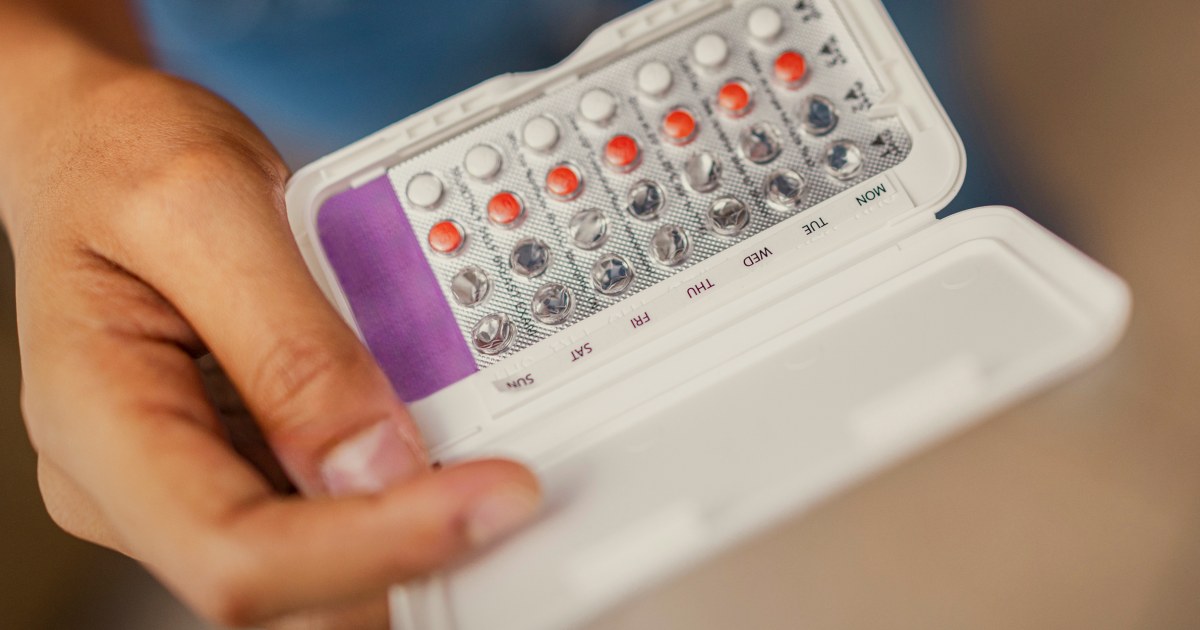South Carolina’s Vulnerable Women Seek Birth Control Amidst Maternity Care Deserts
In a striking contrast to national trends following the overturning of Roe v. Wade, South Carolina is witnessing a surge in women seeking birth control. A recent report from New Morning, a nonprofit organization based in Columbia, reveals that vulnerable women across the state are accessing contraception in record numbers, even in regions lacking specialized reproductive health care providers. This development highlights the resilience of women in the face of restrictive reproductive laws and the innovative approaches being employed to meet their needs.
Record Numbers of Women Accessing Contraception
From July 2023 to June 2024, New Morning reported that 88,281 women accessed contraception through its network of clinics, a significant increase from 76,561 in the previous year. This uptick is particularly noteworthy given that South Carolina has one of the strictest abortion laws in the country, prohibiting the procedure at just six weeks of pregnancy. Many women’s health centers, including abortion clinics that previously provided contraceptive services, have closed in the wake of the Dobbs decision, leaving a gap in accessible reproductive health care.
A Shift in Contraceptive Care Providers
New Morning’s success can be attributed to its strategic focus on primary care providers, who traditionally have not been the go-to source for contraceptive care. Angie Olawsky, the organization’s vice president of sustainability, emphasizes that with 30% of South Carolina’s counties lacking a single OB/GYN, it is crucial to empower primary care providers to fill this void. By training these providers to offer a range of contraceptive options, including intrauterine devices (IUDs), New Morning is effectively expanding access to essential reproductive health services.
Community-Centric Approach
The organization operates a network of clinics throughout South Carolina, ensuring that women do not have to travel long distances to receive quality, patient-centered care. Sarah Kelley, New Morning’s chief operating officer, notes that before the organization’s inception in 2017, 95% of clinics in their network did not offer family planning or contraceptive services. Since then, they have trained over 9,000 primary care providers, significantly enhancing the availability of contraceptive options in underserved areas.
National Trends in Family Planning
The increase in women seeking birth control in South Carolina stands in stark contrast to national trends following the Dobbs decision. A study published in June found a decrease in prescriptions for birth control pills and emergency contraceptives in states with stringent abortion restrictions. This shift has prompted many women across the country to reevaluate their family planning practices. According to a report from KFF, 17% of women of childbearing age have made changes to their contraceptive methods since the implementation of abortion bans, with many opting for longer-term solutions.
The Demand for Long-Term Solutions
Healthcare providers in South Carolina are observing a similar trend. Beverly Miller, a nurse practitioner and founder of Inclusive Healthcare Center in Horry County, reports an increase in women requesting long-term birth control options, such as IUDs. She notes that her clinic, which serves a predominantly uninsured population, is witnessing a growing demand for alternatives to abortion. “With the Supreme Court’s restrictions on abortion, patients need an alternative. They don’t have that choice anymore,” Miller explains.
Conclusion
As South Carolina navigates the complexities of reproductive health care in a post-Dobbs landscape, the efforts of organizations like New Morning are crucial in ensuring that vulnerable women have access to the contraceptive services they need. By empowering primary care providers and expanding the availability of family planning resources, South Carolina is setting a precedent for how communities can adapt to changing legal and social landscapes. The resilience of women in seeking reproductive health care, even in the face of adversity, underscores the importance of continued advocacy and support for accessible health services.
